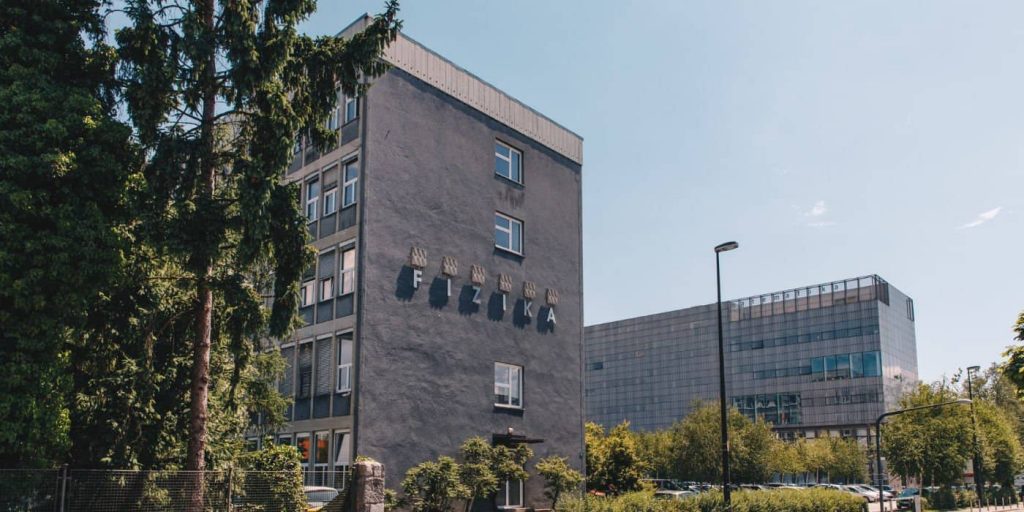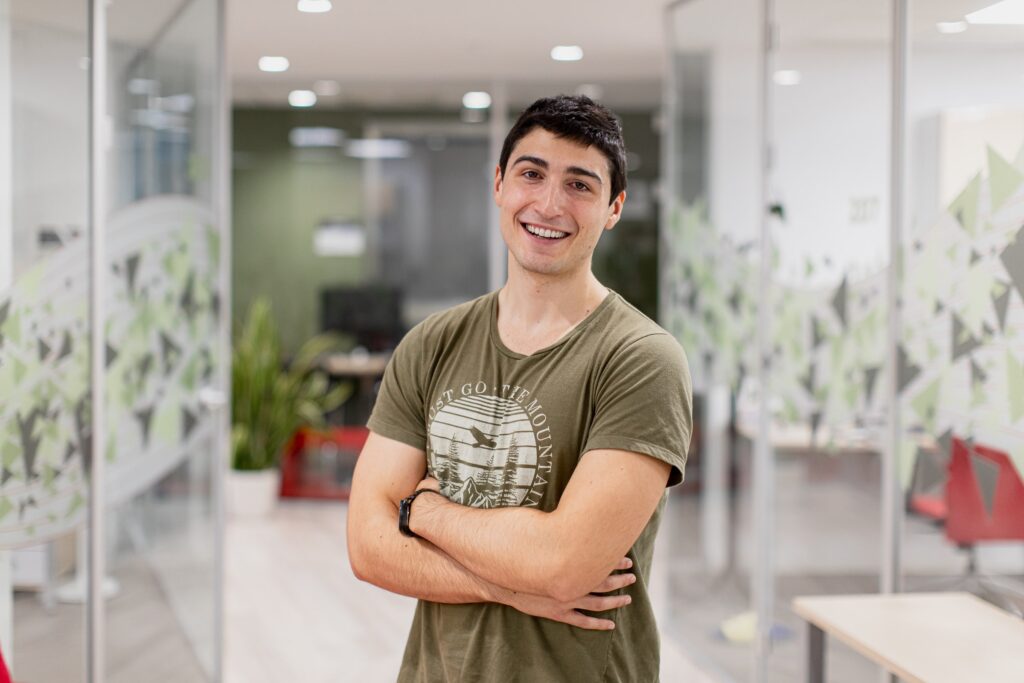Automated segmentation and contour propagation
Planned secondments: University of Aarhus (Denmark), PSI (Switzerland) and University of Wisconsin (USA).
Project description
One of the key aspects of the daily on-line adaptive workflow is to guarantee fast and accurate contours on the daily CT. These could be obtained in three ways: i) by propagating the planning contours to the daily CT pre-registered to the planning CT; ii) by performing a daily (automatic) segmentation (i.e. considering the daily CT as an independent 3D image), or iii) a combination of these approaches (e.g., by first propagating approximate contours and then improving them based on daily image). Auto contouring applies both to tumours as well as critical tissues/normal organs. Both approaches are in clinical use, in most of the cases, however, only as helping tool to speed up the contouring process. Indeed, typically, the clinician needs to refine (some) of the contours before these can be used clinically. The step of the manual fine-tuning has however to be skipped (or reduced) in an on-line adaptive workflow, to guarantee a fast and efficient workflow.
It is still unclear what are errors associated with these two methods. Therefore the studies will be divided among development of suitable automatic segmentation tools and methodology for objective assessment of residual errors, particular in terms of associated impact on treatment both with respect to tumour control as well as associated adverse effects. In scope of the RAPTOR as a whole, the focus will be on daily adaptation of treatment, and hence propagation of tumour and organ contours based on daily-recorded anatomical images; however, strategies for more rapid (near real time) will also be considered. The methodology will be tested with different clinical indications and the quality of the achieved daily contour will be systematically compared to reference contours.
The clinical impact of the residual errors will also be assessed for the different indications. The goal of the project is to indicate which modality has to be preferred for the on-line adaptive approach and possibly to suggest the smaller error in the daily contours that can be clinically accepted.
The PhD student will be will be enrolled in the PhD program at the Faculty of Mathematics and Physics at the University of Ljubljana (UL), will be a member of the Medical Physics Research Program (www.medfiz.si) and will be supervised by Dr. Andrej Studen. UL is the largest university of Slovenia and hosts multiple faculties dedicated to research and study areas. The Medical Physics Research Program provides a comprehensive environment for studying medical physics-related fields, communication between clinical and research personnel, and translation of physics tools to clinical practice.
For more information concerning the research project please contact: Andrej Stunden


Luciano Rivetti
PhD in Physics at the Faculty of Mathematics and Physics of the University of Ljubljana
I am Luciano A. Rivetti, 25 years old, from Argentina. I did my bachelor’s in physics and my master’s degree in Medical Physics at the Instituto Balseiro, Argentina. I am doing my PhD in Physics at the Faculty of Mathematics and Physics of the University of Ljubljana. I live my life following my curiosity, my passions, and dreams. I am always looking for challenging experiences which can help me to growth as a scientist and as a person. In my free time, I enjoy hanging out with friends, doing sports, and reading.
In my project, I am going to work with deformable image registration and optimization algorithms to propagate the contours of the planning CT to the daily anatomy. We are going to put much attention into the development of robust methods which can mitigate the effect of the segmentation uncertainties in the dose delivered to the patient.
My curiosity in Physics and my passion to apply it in a field which can generate a relevant change in people’s life drove me to study Medical Physics. I find amazing the idea of creating new methods which can make medicine more quantitative and patient specific. Proton therapy caught my attention since it is an incredibly challenging field in which precision is indispensable to take advantage of all the therapeutical properties of protons. I like the fact that it combines my interest in physics (interaction of radiation with matter), mathematics (optimization algorithms) and programming (software development).

University of Ljubljana -The Faculty of Mathematics and Physics
PROJECT BENEFICIARY
The Faculty of Mathematics and Physics at the University of Ljubljana is home to the Department of Physics and Department of Mathematics. Researchers of the faculty play a leading role in major international scientific collaborations, e.g. the Belle collaboration for research in the physics of elementary particles in Tsukubi, Japan, the Large Hadron Collider in Cern, Switzerland and the Thomas Jefferson National Accelerator Facility in Newport News, Virginia, USA.


